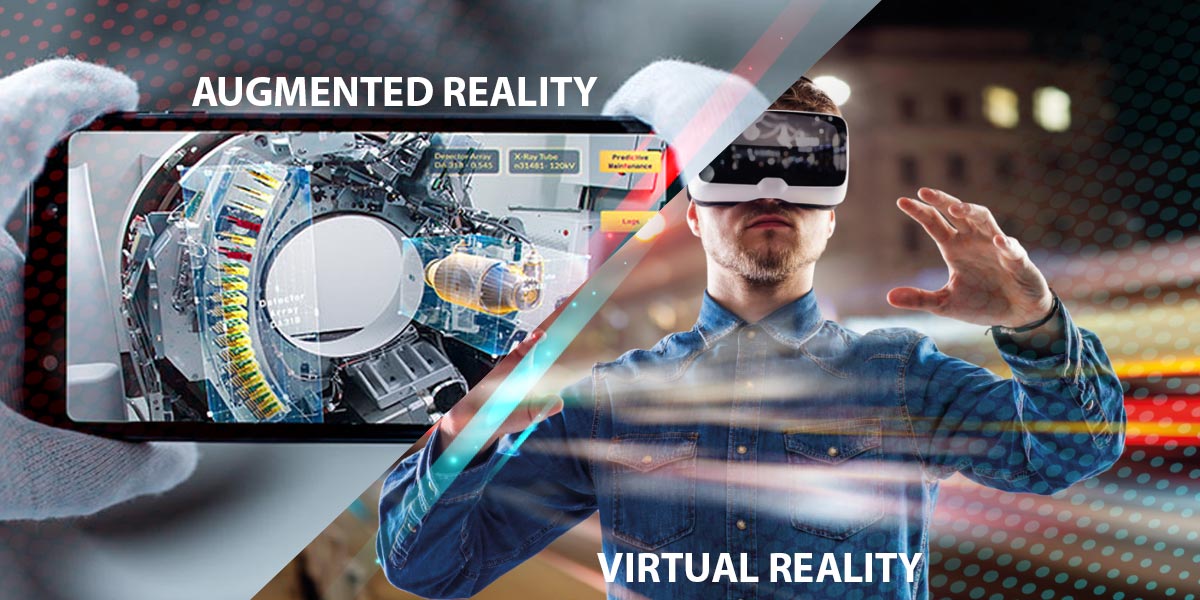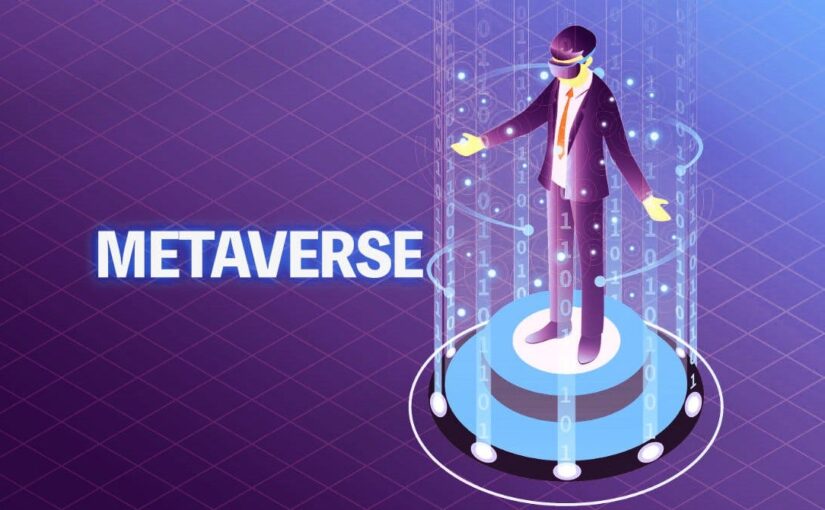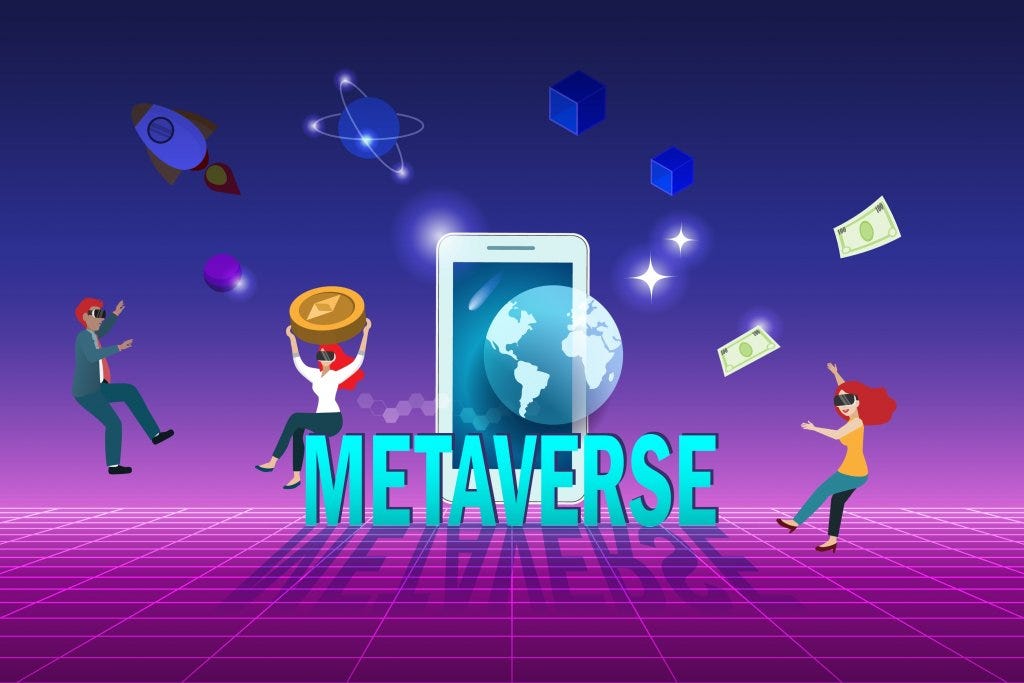With technology advancing at an unprecedented pace, it is crucial for expert technicians to stay up-to-date with the latest advancements and innovations in the field. In this article, we will explore some of the current trends in technology, showcasing real-world examples and case studies to educate and enlighten our readers on the evolving landscape of TechTalk trends.
 The Rise of Artificial Intelligence
The Rise of Artificial Intelligence
Artificial intelligence (AI) has been a hot topic for several years now, but recent advancements have taken it to new heights. AI is no longer limited to simple tasks; it is becoming increasingly capable of complex decision-making processes. One of the most notable advancements is in the field of natural language processing (NLP), where machines are now able to understand and generate human language. This breakthrough has opened up possibilities in various sectors, such as customer service chatbots, language translation, and voice assistants like Siri and Alexa.
An excellent example of AI’s potential is AlphaGo, a computer program developed by DeepMind Technologies. In 2016, AlphaGo defeated world champion Lee Sedol in a five-game Go match, a game widely considered to be the most complex board game ever created. This achievement demonstrated how AI can outperform humans in strategic decision-making, paving the way for future advancements in the field.
 Augmented Reality and Virtual Reality
Augmented Reality and Virtual Reality
Another area that has seen significant growth and innovation is augmented reality (AR) and virtual reality (VR). These technologies create immersive experiences by overlaying digital information in the real world or simulating entirely new environments.
One industry where AR has made a significant impact is retail. With AR, customers can now visualize products in their own homes before making a purchase. For example, IKEA’s AR app allows customers to place virtual furniture in their living rooms to see how it would look and fit, eliminating the guesswork and potential disappointment of buying furniture online.
VR, on the other hand, has gained popularity in the gaming and entertainment industries. The ability to transport users to another world and provide an immersive experience has revolutionized the way we consume media. It has also found applications in training simulations, allowing professionals to practice their skills in a realistic and safe environment.
Blockchain and Cryptocurrency
Lastly, blockchain technology and cryptocurrencies have disrupted various industries, particularly finance. Blockchain provides a decentralized and transparent system for secure transactions, eliminating the need for intermediaries like banks. Cryptocurrencies, such as Bitcoin and Ethereum, have gained traction as secure and alternative forms of digital currency.
One notable application of blockchain technology is in supply chain management. By recording every step of a product’s journey on a blockchain, companies can ensure transparency and authenticity, preventing counterfeit products from entering the market. This level of trust and accountability has the potential to revolutionize industries where trust is crucial, such as the diamond industry, where the origin and authenticity of a diamond could be verified through blockchain.
In conclusion, technology continues to evolve at a rapid pace, and expert technicians must stay informed about the latest advancements and innovations. From artificial intelligence and augmented reality to blockchain technology and cryptocurrencies, these TechTalk trends are reshaping multiple industries and opening up new possibilities. By keeping a finger on the pulse of these advancements and leveraging their potential, technologists can stay at the forefront of their field and drive meaningful change in the world.



 Unveiling the Metaverse
Unveiling the Metaverse Impact on Social Interactions
Impact on Social Interactions